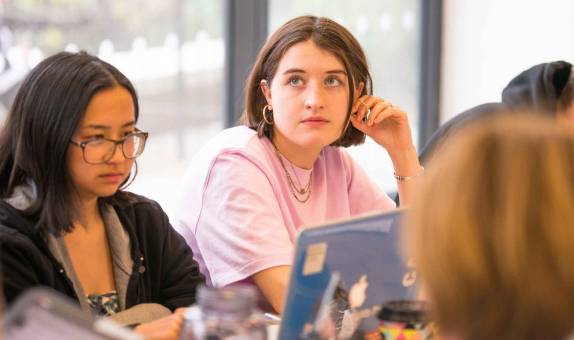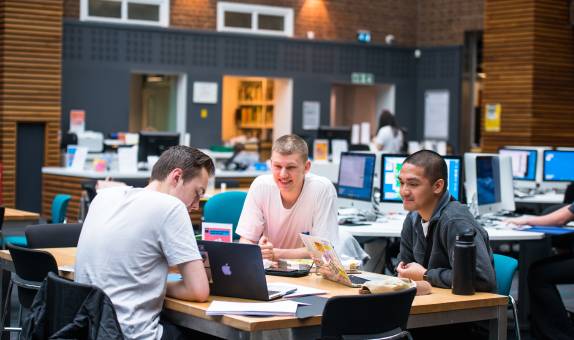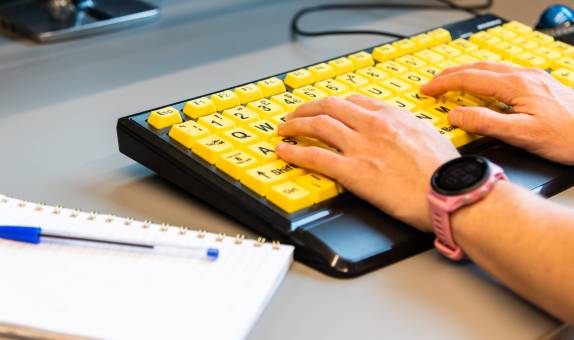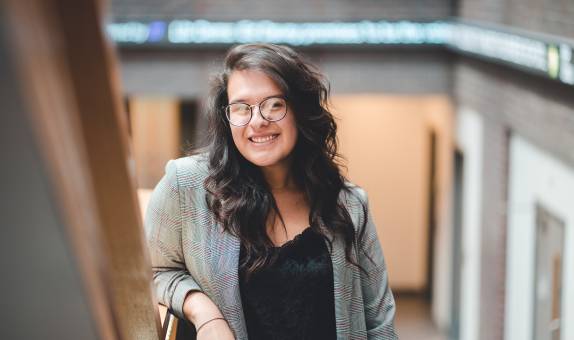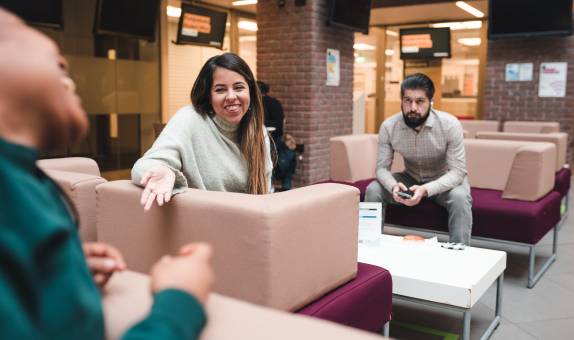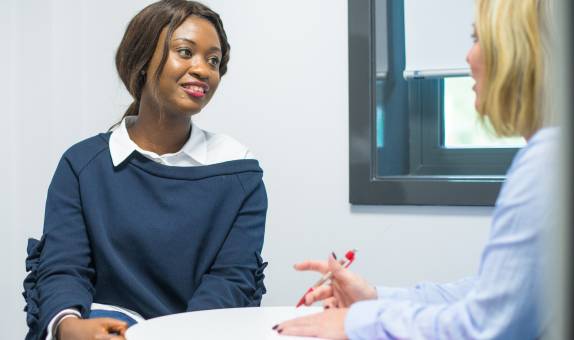Disabled Students' Allowance (DSA)
Disabled Students' Allowance (DSA) is support to cover the study-related costs you have because of a mental health condition, long-term illness or any other disability. It doesn't provide you with money, instead it pays for the support you need.
You can claim DSA on top of any other student finance or benefits you receive, and you do not need to pay the cost back unless you leave your course early. The type of support and how much you get depends on your individual needs – not your household income.
We've put together a list of the most frequently asked questions, so you can find out more.
- Who is eligible for DSA?
- What can DSA pay for?
- How can you apply?
- When should you apply for DSA?
- What is the application process for DSA?
- What can you expect at a DSA Study Needs Assessment?
More information can also be found in our non-medical help provider guide.
Who is eligible for DSA?
To be eligible for DSA you will need to meet the following eligibility criteria:
- You're a UK resident
- You're an undergraduate or postgraduate student on a course that lasts at least a year (including part-time, Open University and distance learning courses)
- You've got a disability, medical condition, sensory impairment, mental health condition or specific learning difficulty that affects your ability to study
You are NOT eligible if:
- You're an EU student and only eligible for tuition fee support
- You're getting equivalent support from another source, such as an NHS or Social Work Bursary
- You're studying a Foundation course which doesn't directly lead to an undergraduate course – this includes Foundation Diploma in Art, Design & Media Practice
You can find out more about eligibility from your Student Finance provider:
- England: Student Finance England (SFE)
- Scotland: Student Awards Agency Scotland (SAAS)
- Wales: Student Finance Wales
- Northern Ireland: Student Finance NI
What can DSA pay for?
DSA is available to pay towards the extra disability-related costs of studying. It can be used to pay for:
- Non-medical helpers, such as sign language interpreters or specialist mentors
- Specialist equipment or assistive technology to enable you to access a computer
- Other disability-related costs of studying, like extra copies of materials or a small fridge to store medication
- Extra disability-related costs travelling to and from university
In England, you have to pay the first £200 towards the cost of a new computer if you need it to run recommended assistive software. If you are a current student, you can claim back the £200 contribution from Kingston University.
DSA does NOT cover:
- disability-related costs that you would have whether you were a student or not, such as personal care support
- costs that every student might have, such as books and food
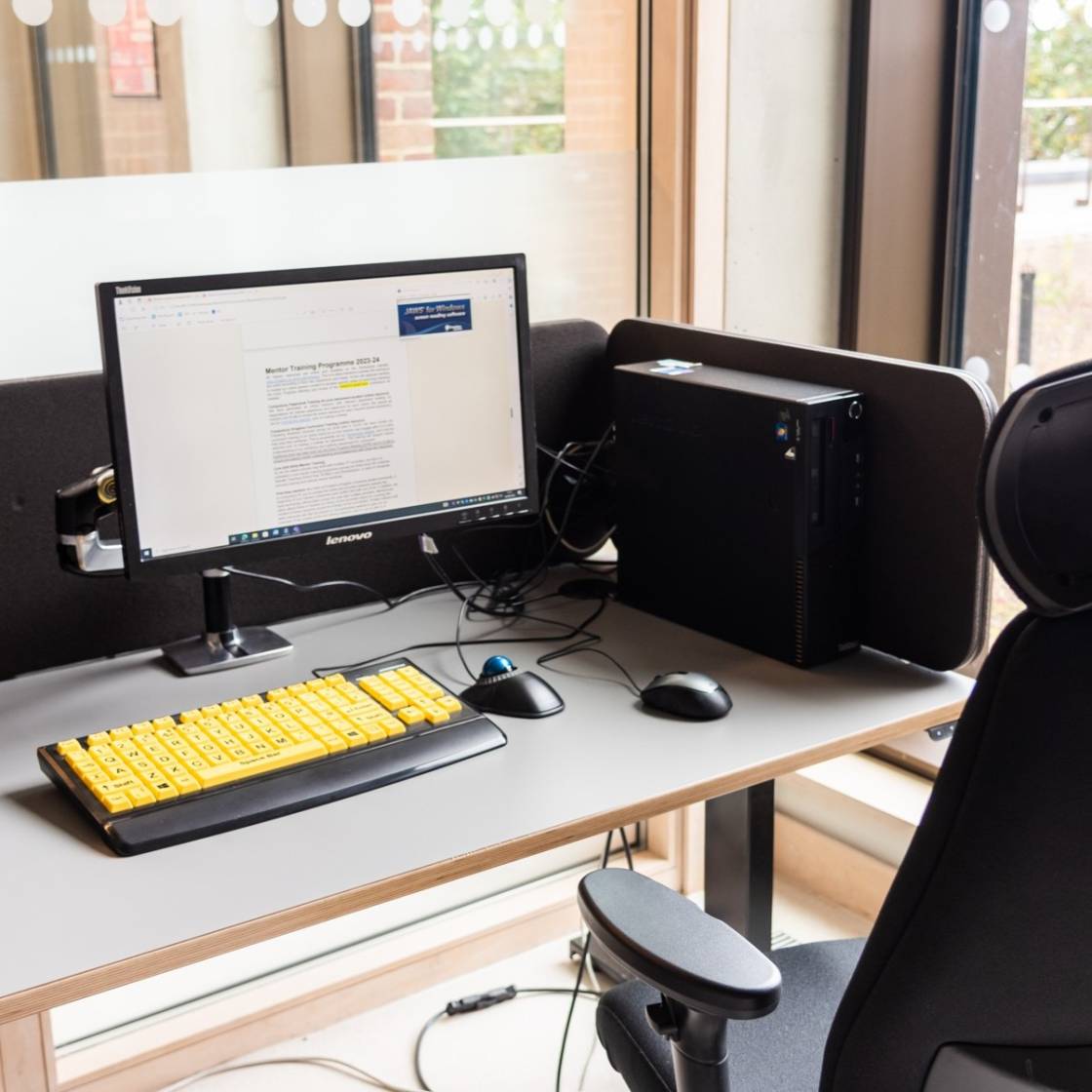
How can you apply for DSA?
You will either need to complete the DSA application form online or on paper. This will depend on which Student Finance body you're applying through and your student status (i.e. if you're a full-time, part-time or postgraduate student).
Here's where to apply for DSA, based on whereabouts in the UK you're from:
- England: Student Finance England (SFE)
- Scotland: Student Awards Agency Scotland (SAAS)
- Wales: Student Finance Wales
- Northern Ireland: Student Finance NI
When should you apply for DSA?
If you are a current student, you can apply for DSA at any time.
If you are an applicant or offer holder, you can apply for DSA before you start your course. We would recommend you begin applying for DSA from the May before your course begins.
The length of time the application process takes can vary across the UK. It could take up to 14 weeks to get DSA support in place, so it is best to apply as soon as possible to ensure everything is in when your course starts.
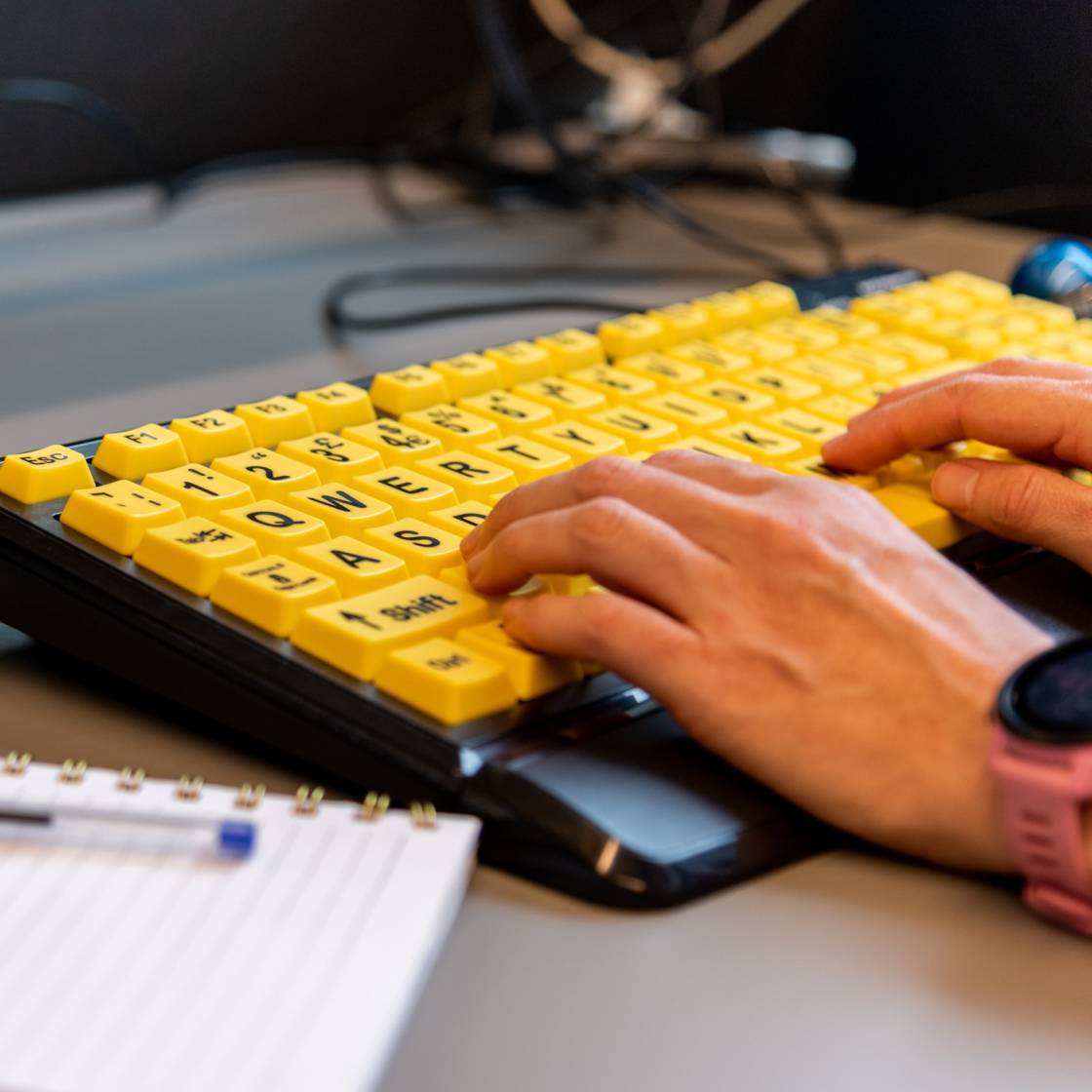
What is the application process for DSA?
These are the steps you can expect to take when applying for the Disabled Students' Allowance (DSA):
1. Complete the relevant DSA application form for your region.
2. Provide evidence of your Disability and/or Mental Health Condition.
3. Book and attend your Study Needs Assessment. DSA will let you know when you can do this once they have reviewed your application.
4. Wait for DSA to receive your Study Needs Assessment report. DSA will then let you know if your application has been approved or not
5. Once funding has been approved, DSA will send you a Notice of Entitlement Letter confirming your support and which suppliers to use.
6. Contact the suppliers listed in your DSA Notice of Entitlement Letter to order your equipment and/or set up your non-medical support.
What can you expect at a DSA Study Needs Assessment?
A DSA Study Needs Assessment can seem daunting. But it's so important to remember the assessments are here to establish how much extra support you need at university – not to make it harder for you to get help.
You can choose between a remote or face-to-face assessment. If you choose to have your assessment remotely, you can ask for adjustments to make it accessible for you. For example, using video chat software that works with your assistive technology or having a British Sign Language interpreter.
You should only book a needs assessment when Student Finance England tells you to.
If you do not have a needs assessment, Student Finance will not be able to process your DSA application.
The assessor will speak with you about how to get the best out of your course. They will identify areas where you might benefit from support. For example, using computer technology.
After your assessment, the assessor will send a report to Student Finance and a copy to you if requested.
On receiving the report, Student Finance will:
- Confirm your entitlement
- Tell you how to order any approved equipment
- Send you a report listing equipment and other support you can get for your course
Contact us
Email: disability@kingston.ac.uk
Telephone:+44 (0)20 8417 7314
There are even more ways to get in touch on our Contact us page.



